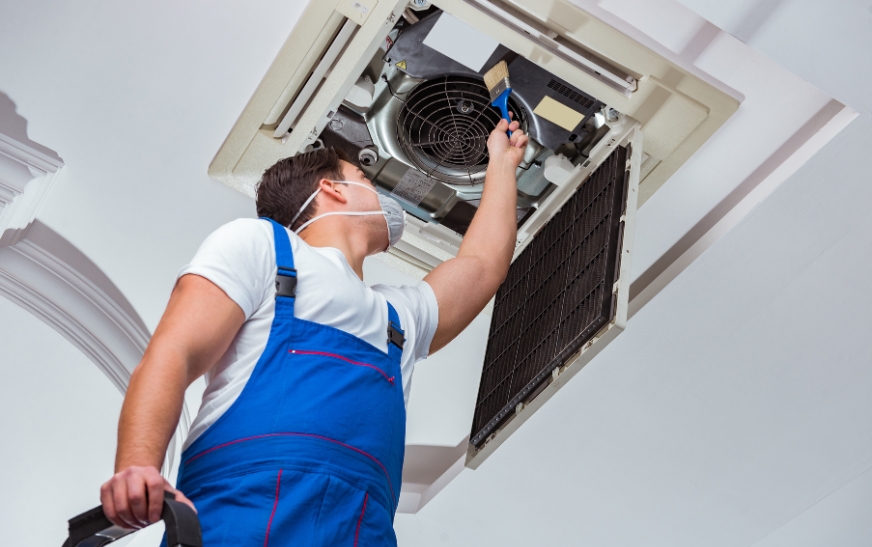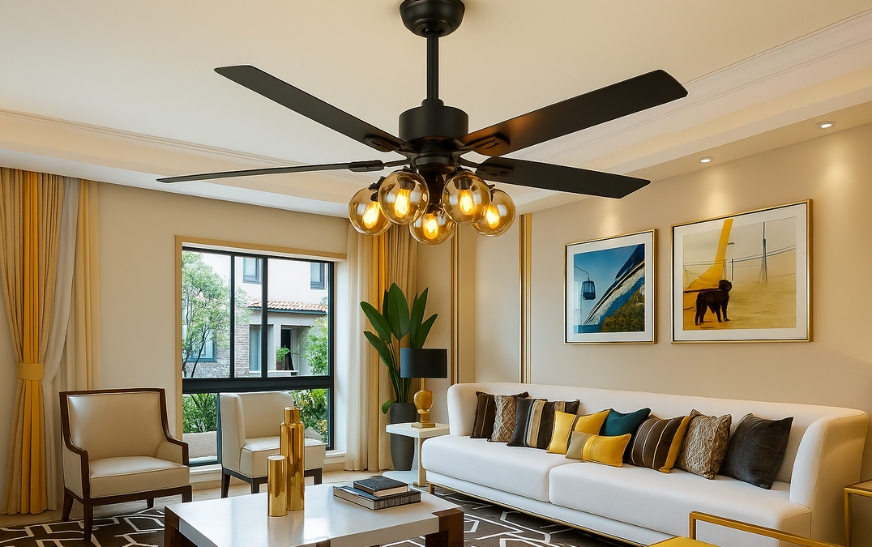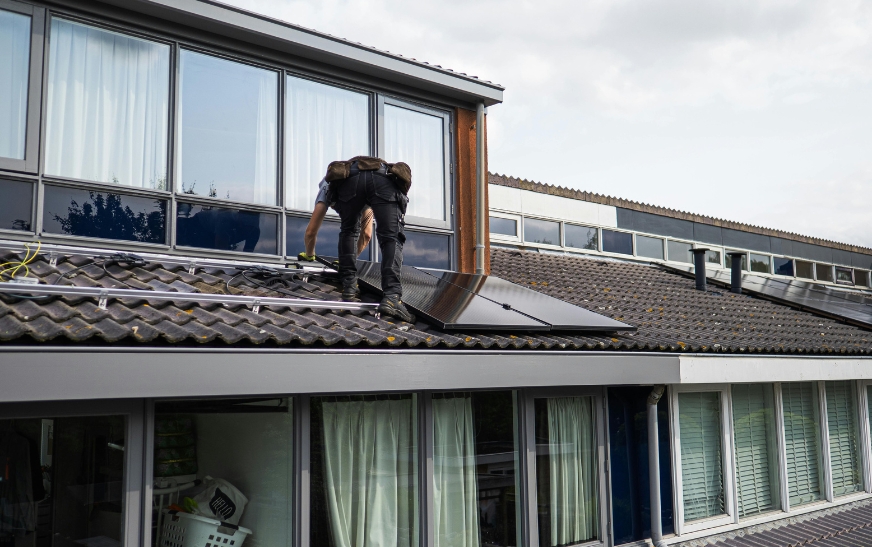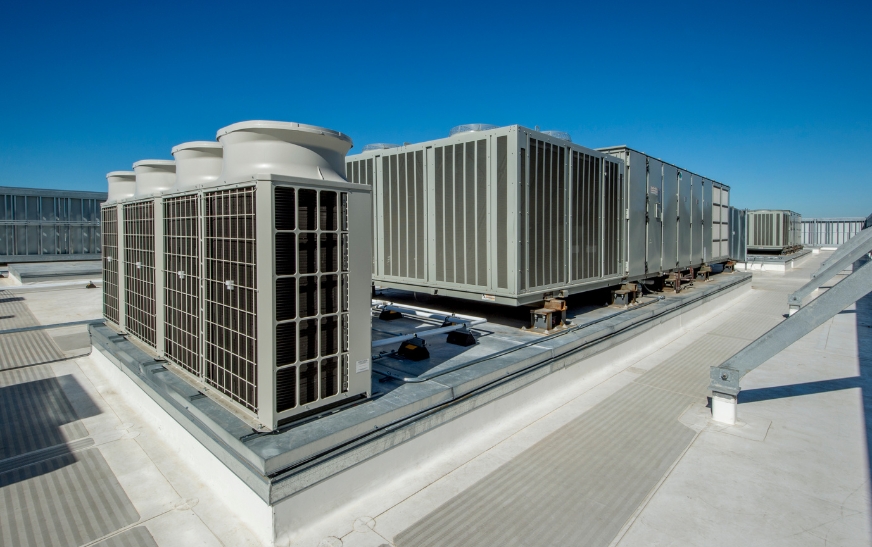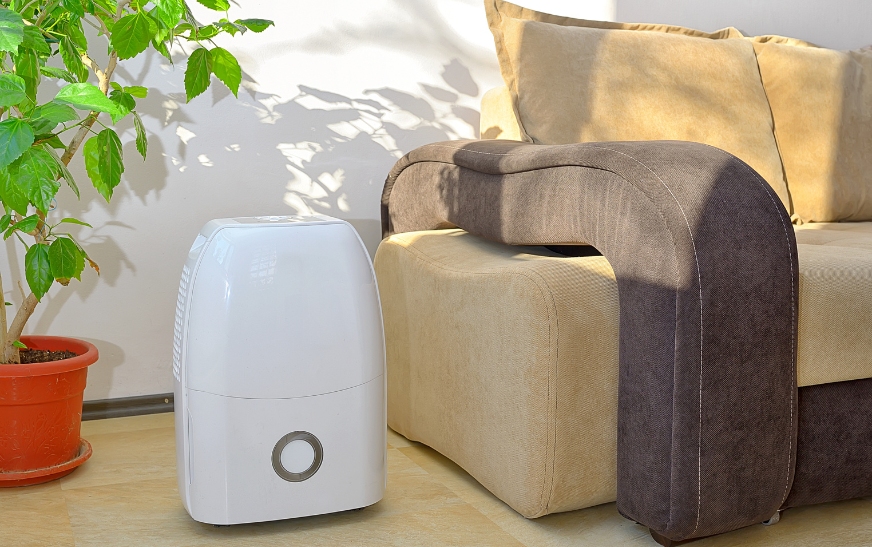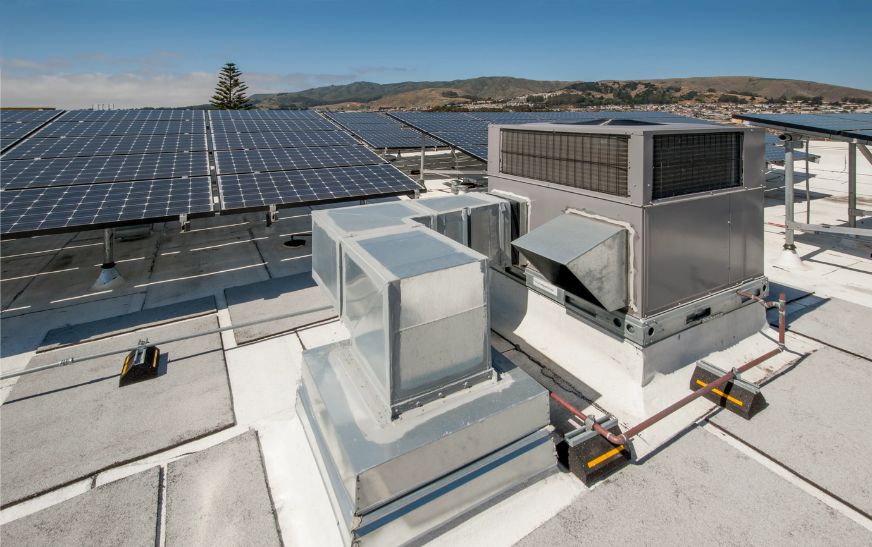Early AC Repair
When summer temperatures rise and your air conditioning starts acting up, it might be tempting to ignore that strange noise or the less-than-cool airflow. After all, it still works—for now. But those early signs of trouble are more than just a nuisance. Ignoring them can lead to much bigger problems that affect your comfort, energy bills, and even your system’s lifespan.
Small Problems Can Cause Big System Damage
Minor issues like a clogged air filter, refrigerant leak, or a faulty capacitor may seem insignificant, but your HVAC system is a carefully balanced machine. When one component is struggling, the rest of the system compensates—and that strain adds up. Over time, what could’ve been a $150 repair might turn into a $2,500 system replacement. A small refrigerant leak, for example, can overwork your system until the compressor fails—a cost-intensive fix that could’ve been avoided with early detection.
Watch Out for Rising Energy Bills
An inefficient system doesn’t just affect cooling. It eats into your wallet. When your HVAC unit is working harder than necessary, it draws more electricity. You may not notice at first, but over time those spikes in usage become clear on your utility bills. A simple maintenance task like replacing filters or cleaning coils can restore your system’s efficiency. Using a smart thermostat can also help you track changes in usage, allowing you to spot issues early.
Don’t Risk Voiding Your Warranty
Many HVAC systems come with warranties—but they often have fine print. If you skip routine maintenance or fail to address repairs promptly, you might void your coverage entirely. That means footing the bill for repairs or replacements that could have been covered. An annual checkup by a qualified technician is usually all it takes to stay compliant and safeguard your investment.
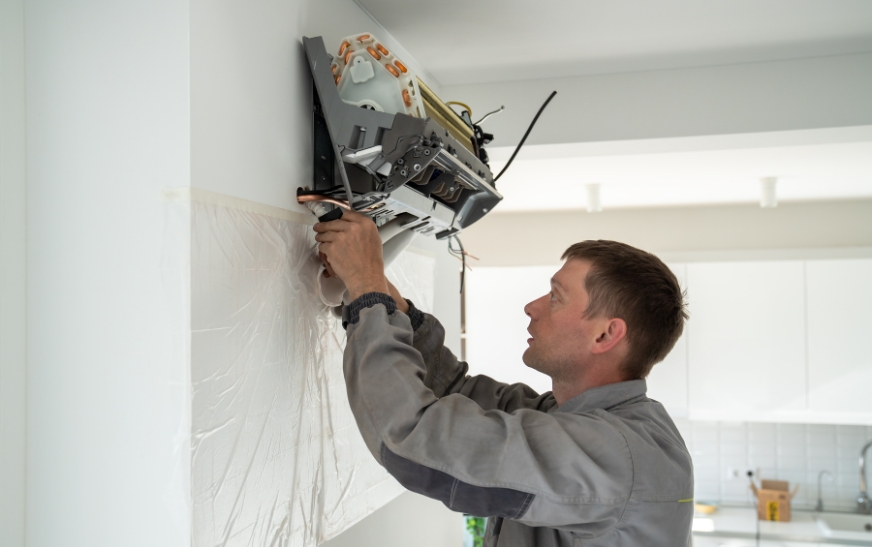
Emergency AC Repairs
Comfort Is More Than Just Temperature
When your HVAC system struggles, your home’s indoor air quality can decline. Dirty filters, poor ventilation, and neglected ductwork can lead to mold, allergens, and stale air—especially dangerous for those with asthma or allergies. Regular upkeep helps maintain healthy airflow and ensures your home remains a comfortable and safe place to live.
Emergency Repairs Are Always More Expensive
Breakdowns rarely happen at a convenient time. Emergency calls cost more—especially during heatwaves or weekends when technicians are stretched thin. By scheduling routine maintenance and addressing small issues early, you can avoid the stress and expense of urgent repairs.
Neglect Shortens System Lifespan
A well-maintained HVAC unit can last 12 to 15 years. A neglected one? Maybe 7 or 8. The difference is in the care. Letting small problems linger accelerates wear and tear on key components. You may find yourself replacing your entire system far sooner than expected. If you’re exploring replacement options, consider whether a ductless mini-split system or zoned cooling setup might better suit your space and efficiency needs.
Easy DIY Steps to Prevent Costly Repairs
You don’t need to be a professional to protect your HVAC system. Basic tasks like changing air filters every 1–3 months, clearing debris around the outdoor unit, checking vents for blockages, and scheduling seasonal tune-ups can make a big impact. These small efforts help catch problems early and keep your system performing at its best.
Conclusion
Ignoring early AC issues often turns a quick fix into a financial headache. From rising energy costs to reduced air quality and shortened equipment life, the risks of delay are real. Prioritize routine maintenance, listen to your system’s warning signs, and get expert help when needed. Taking action early protects your comfort, your wallet, and your home in the long run.

